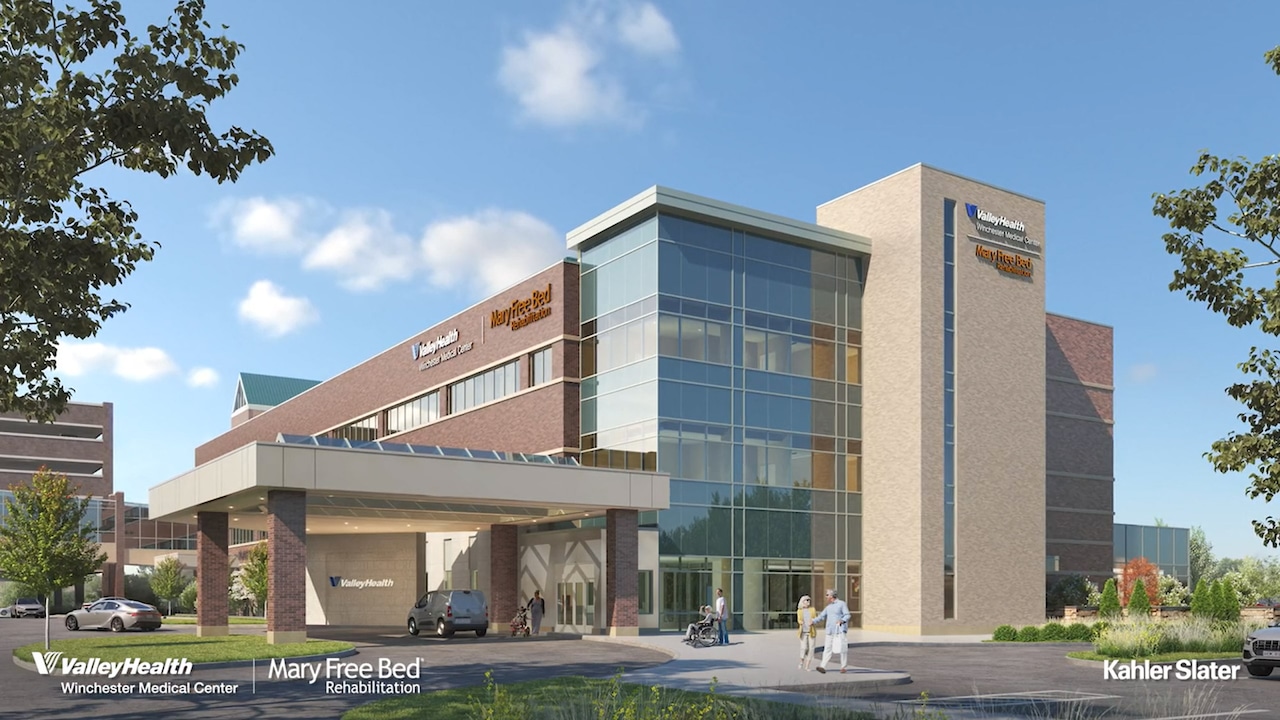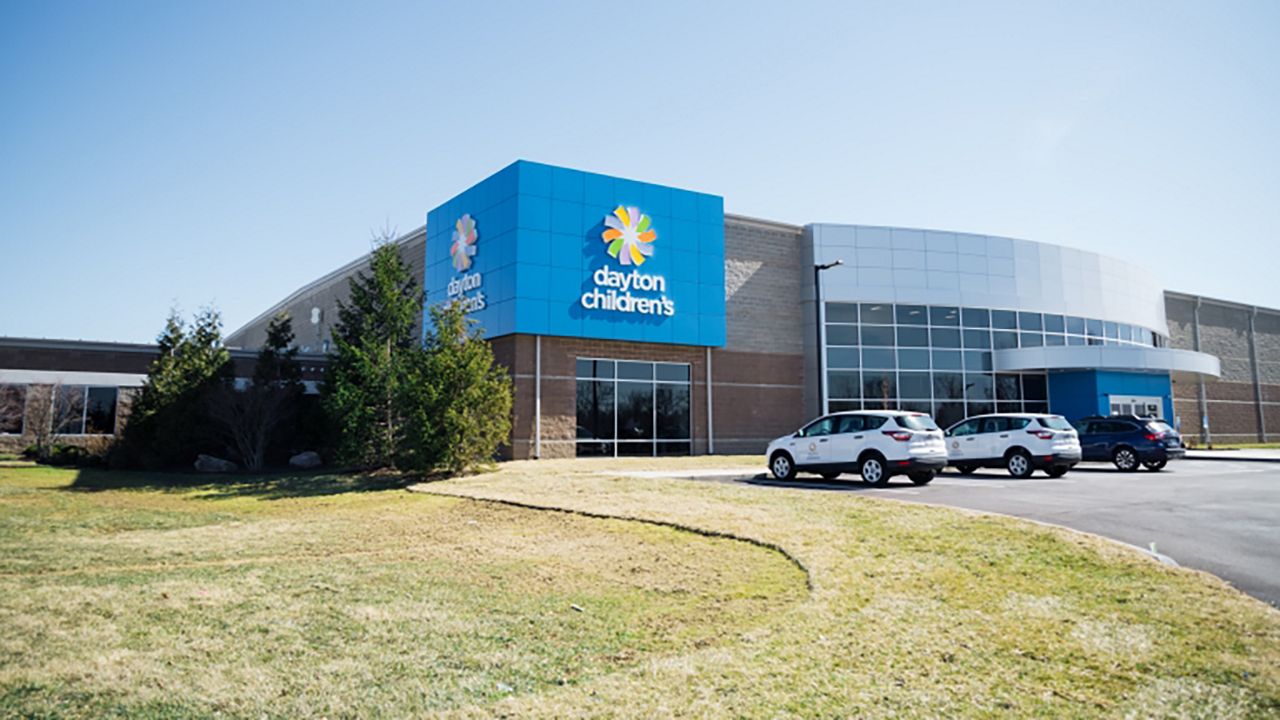Beyond Algorithms: How AI Could Revolutionize Healthcare Without Sidelining Doctors

In the rapidly evolving landscape of healthcare technology, Dr. Baligh R. Yehia is pioneering a thoughtful approach to integrating artificial intelligence at Jefferson Health. His vision goes beyond mere technological implementation, focusing instead on a harmonious blend of cutting-edge AI capabilities and the irreplaceable human touch of medical care.
Dr. Yehia understands that artificial intelligence is not about replacing healthcare professionals, but empowering them to deliver more precise, personalized, and efficient patient care. By strategically implementing AI tools, Jefferson Health is transforming diagnostic accuracy, treatment planning, and patient outcomes while maintaining the compassionate core of medical practice.
Through innovative AI applications, the healthcare system can now predict potential health risks, streamline administrative processes, and provide clinicians with deeper insights into patient data. Yet, Dr. Yehia remains committed to ensuring that technology enhances rather than diminishes the critical human connection in healthcare.
His approach represents a nuanced understanding that the future of medicine lies not in choosing between technology and empathy, but in creating a synergistic environment where advanced algorithms and human intuition work seamlessly together to improve patient care.








